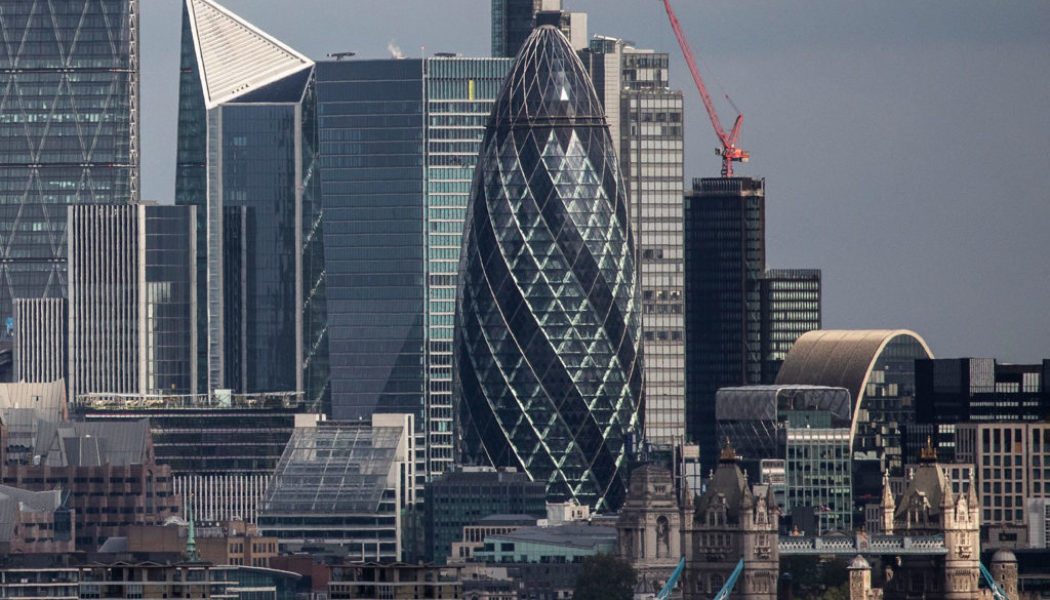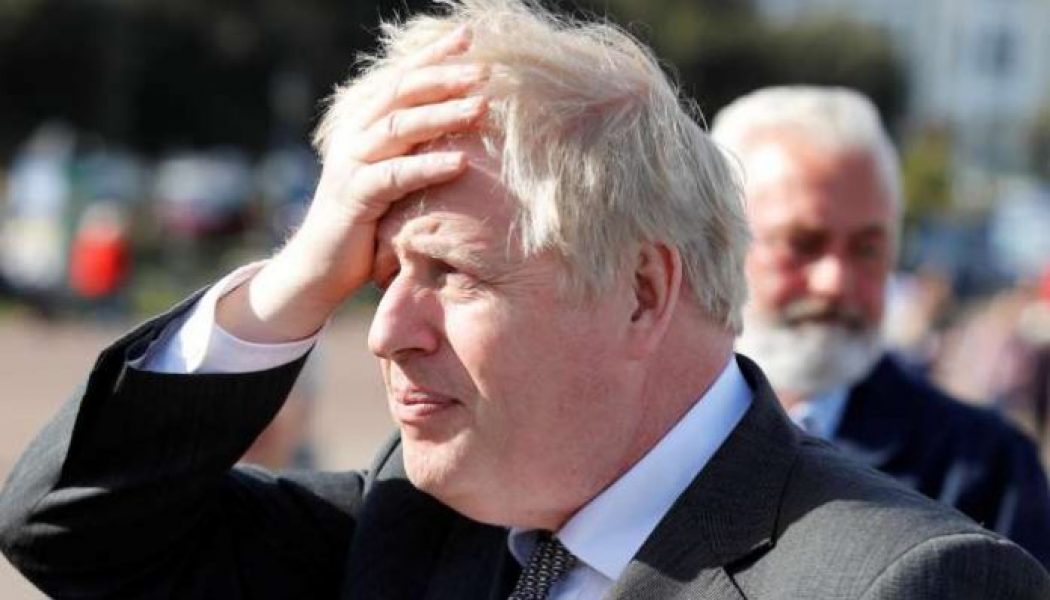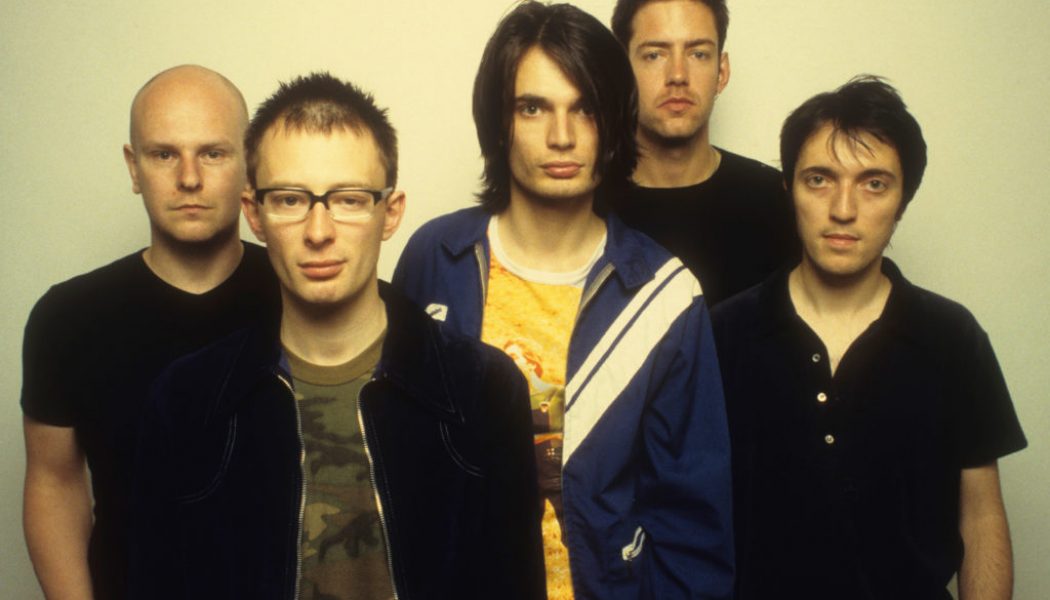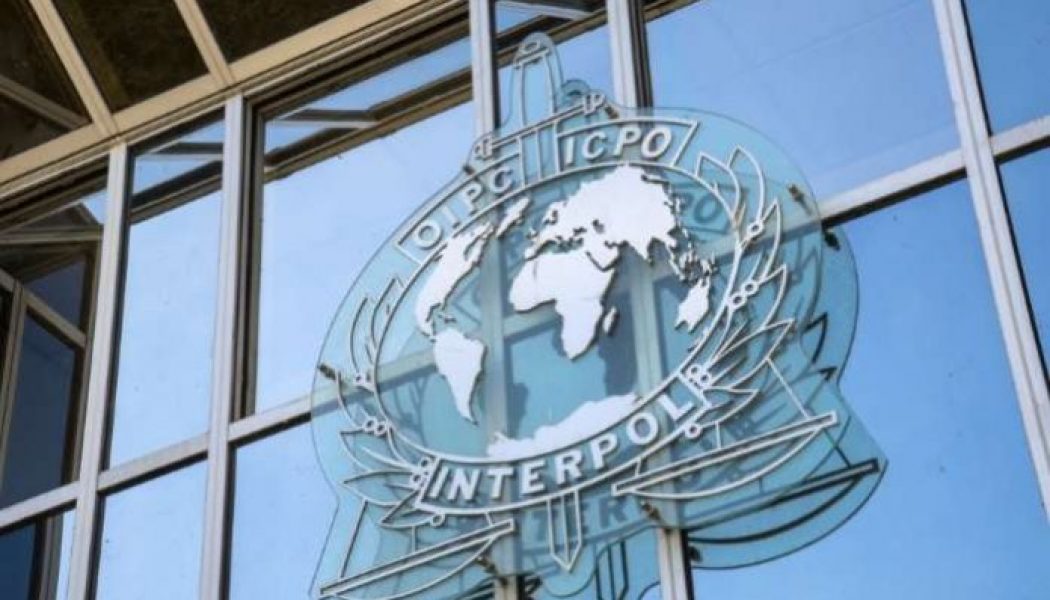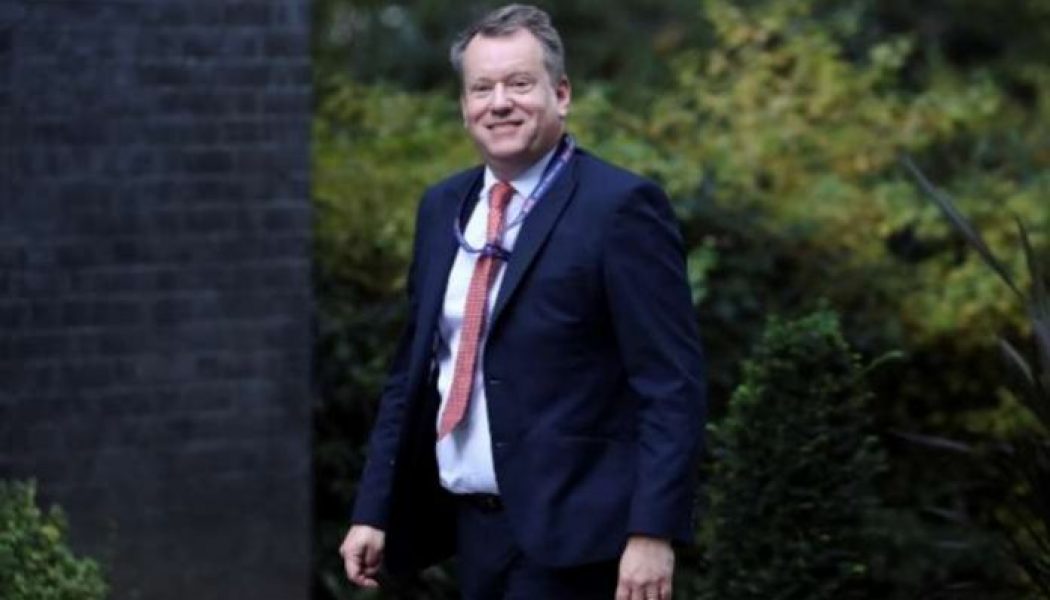Brexit
UK Artists Granted Visa-Free Touring in 19 EU Countries in Post-Brexit Agreements
The coronavirus pandemic and accompanying shutdown of the live music industry have masked many of the problems created by Brexit for the live-music sector. And fears have lingered about extra customs checks and performers and crews requiring visa and work permits for when European touring does resume. According to a survey conducted by the Musicians’ Union and Incorporated Society of Musicians in April and May, 77% of U.K. musicians expected their earnings in Europe to decrease when touring resumes due to additional Brexit-related red tape and touring costs. In January, over 100 acts, including Elton John, Ed Sheeran and Radiohead, signed an open letter to the British government saying it had “shamefully failed” them with the EU trade deal that was finalized on Dec. 24 by not s...
Elton John Calls U.K. Government ‘Philistines’ Over Post-Brexit Touring Issues
John noted that artists like him “can afford to go to Europe” because they can pay for teams to focus on all the forms and individual visas now required thanks to the post-Brexit trade pact. But for younger or lesser-known artists, who have already been struggling following the shutdown of the touring industry due to the pandemic, the system is actively working against them. “We’ve been talking to Lord Strasburger about it, and we’ve been talking to Lord Frost, but we didn’t really get anywhere with him,” John said. “It’s a nightmare. To young people just starting a career, it’s crucifying.” Much of the singer’s ire was due to those failed attempts at lobbying members of the U.K. government on behalf of the arts and entertainment industry. “The government are philistines,” John said of Bor...
British premier denies saying ‘let the bodies pile high’
British Prime Minister Boris Johnson on Monday denied a newspaper report that he had said he would rather bodies piled “high in their thousands” than order a third COVID-19 lockdown. Johnson is facing a stream of allegations in newspapers – all of them denied – about everything from his muddled initial handling of the COVID-19 crisis to questions over who financed the redecoration of his official apartment. The Daily Mail newspaper cited unidentified sources as saying that, in October, shortly after agreeing to a second lockdown, Johnson told a meeting in Downing Street: “No more fucking lockdowns – let the bodies pile high in their thousands.” Asked whether he had made the remark, Johnson told broadcasters: “No, but again, I think the important thing, I think, that people want us to get o...
Radiohead’s Colin Greenwood Calls for UK Government to Renegotiate Brexit Touring Provisions
On February 1st, the long-running Brexit saga finally came to an end, and British citizens woke up on an island both figuratively and literally. But the ramifications of the United Kingdom leaving the European Union are still being parsed. On February 8th, Radiohead bassist Colin Greenwood wrote an op-ed in The Guardian that looked at the new requirements for British bands on the Continent and called for the government to “renegotiate on the provision for touring in Europe.” Greenwood opens the op-ed by recalling Radiohead’s first European excursions, the “small clubs and early festival slots across Sweden, The Netherlands and France in a crappy old bus that smelled of diesel and had sad grey curtains.” He adds, “There were so many different kinds of milk.” Beyond the fond memories, G...
Radiohead’s Colin Greenwood Speaks Out Against Brexit
Radiohead bassist Colin Greenwood published an op-ed in The Guardian about Brexit’s impact on musicians, especially young ones trying to establish careers. Of Radiohead’s early days, he said, “Like Hamburg to the Beatles, Europe was crucial to our growth as a band. It allowed us to see ourselves untethered from our UK roots and to imagine a life in music that could reach audiences everywhere,” he wrote in the piece. Reports have surfaced suggesting that the UK rejected a visa-free deal for musicians. For lawmakers, the priority is to “taking back control” of British borders. In his op-ed, Greenwood recalls when traveling on tour was no trouble: “We made enduring friendships, toured with musicians from Europe, and dived deep into its clubs, festivals, record stores and m...
